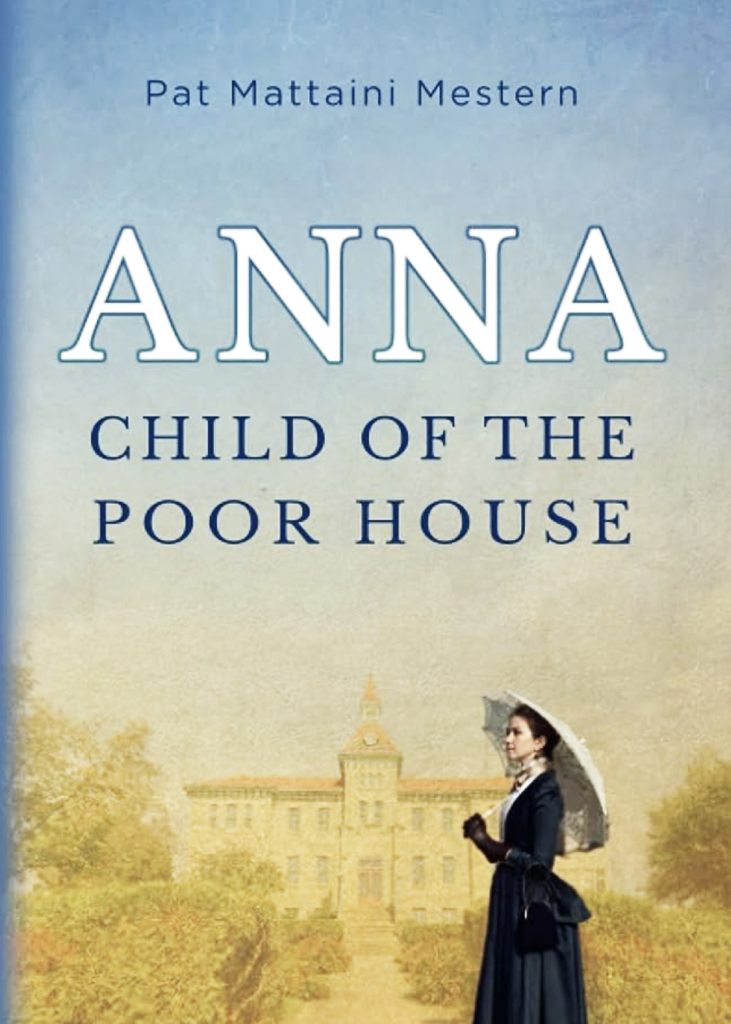FERGUS – Many longtime residents of Centre Wellington are familiar with Pat Mestern, a local historian with a passion for storytelling that is deeply rooted in her family’s past.
Mestern’s family was one of the earliest Italian families in the area. Her grandmother arrived in Canada at the tender age of two, back in 1885.
“It’s interesting because when I was born there were only two Italian families in Fergus; the Mattaini’s, and the Landoni’s. We put up with a lot because of the Second World War,” Mestern said in an Aug. 29 interview.
Located on the south side of town, just opposite Victoria Park, the Mestern homestead became a symbol of generosity.
The family nurtured a flourishing orchard and garden, sharing the fruits of their labour with anyone in need – a spirit of community and openness that Mestern says became a guiding principle in her life.
Her father, destined for a career in engineering, saw his path take an unexpected turn during the 1930s, leading him to Beatty Brothers.
It was Mestern’s parents, who tied the knot in 1939, that sparked her love of history. They became her oral history keepers, instilling in her the importance of preserving the past.
Mestern is not only a historian, but an author, with seven literary works to her name: Clara, Anna, Rachel’s Legacy, No Choice but Freedom, Granite, Magdelena’s Song and Vein of Love.
She is currently working on her eighth book.
Born in 1941, Mestern began her education at St. Joseph Catholic School in Fergus. Her passion for history blossomed, setting her on a path of discovery and preservation.
Her journey includes a formative period at the former Fergus High School, where she cultivated her interest in history while navigating the challenges of her education.
“My high school teacher said, ‘You’re going to write. You’re going to write books,’” she recalled.
After attending Guelph Business College, working for The Cooperators in Guelph, and for the Bank of Nova Scotia, Mestern married when she was 20 years old.
Despite taking a hiatus from her career to raise a family, her passion for history never waned. Her role at the Wellington County Museum and Archives further deepened her understanding of local history.
“In 1975 I took a job at the [museum] and was there for eight years. The museum’s history was so interesting… and I knew so darned much about it,” she said.
By 1979, Mestern fulfilled her high school teacher’s prediction when she published her first book, Clara. This story marked the beginning of her writing career, as she soon realized the museum held untold stories waiting to be shared.
Her work extended to include the tale of Anna: Child of the Poor House, showcasing her dedication to preserving local heritage.

One of Mestern’s most popular works is in development for a potentia TV series. Submitted photo
Her literary endeavours have brought to life the stories of individuals like Clara Young, who resided in Mestern’s current home before passing away in 1932. Clara’s journey highlights resilience amidst adversity.
Mestern’s journey to writing the story of Anna was spurred on by her work at the museum, where she had the privilege of meeting “Anna,” whose real name was not used to protect her and her family.
During moments of solitude at the museum, when visitors were scarce, Mestern delved into old files to uncover Anna’s story. Her grandmother had known Anna as well.
This inspired her to share the story with the world and in 1981, the book was published, drawn from remarkable real-life experiences.
In 1983, Mestern undertook a monumental project that would leave an indelible mark on her community’s history.
The Story of Fergus through the Years became a labour of love, spanning a year and a half, resulting in two volumes capturing the town’s history.
Mestern worked tirelessly with residents to collect family histories. Prominent families in the area found their stories preserved in these volumes, which now span over 950 pages.
One memorable story Mestern shared centres around a haunting chapter of the Poor House, operating as the Wellington County House of Industry and Refuge.
This tale resurfaces through the accounts of those who remember, shedding light on a past marked by neglect and disregard.
Hidden near the river, unmarked graves of poor house residents bear witness to a tragic past.
It was long after Mestern’s departure from the museum, nearly 40 years ago, that a belated recognition of these neglected souls occurred.
Plaques were eventually erected to honour the memory of those interred in the Poor House cemetery. Though the acknowledgment was overdue, it serves as a poignant reminder of the solemn duty to remember the past, no matter how dark it may be.
Mestern continues to make her mark in the world of storytelling.
She says she is currently collaborating with industry professionals on projects related to Anna: Child of the Poorhouse and exploring the possibility of transforming the tales into a TV series.
To learn more about Mestern’s literary works, her books can be found in numerous libraries across Canada.
Locally, copies are available at The Bookery in Fergus, the Wellington County Museum gift shop, and Magic Pebble Books in Elora.




